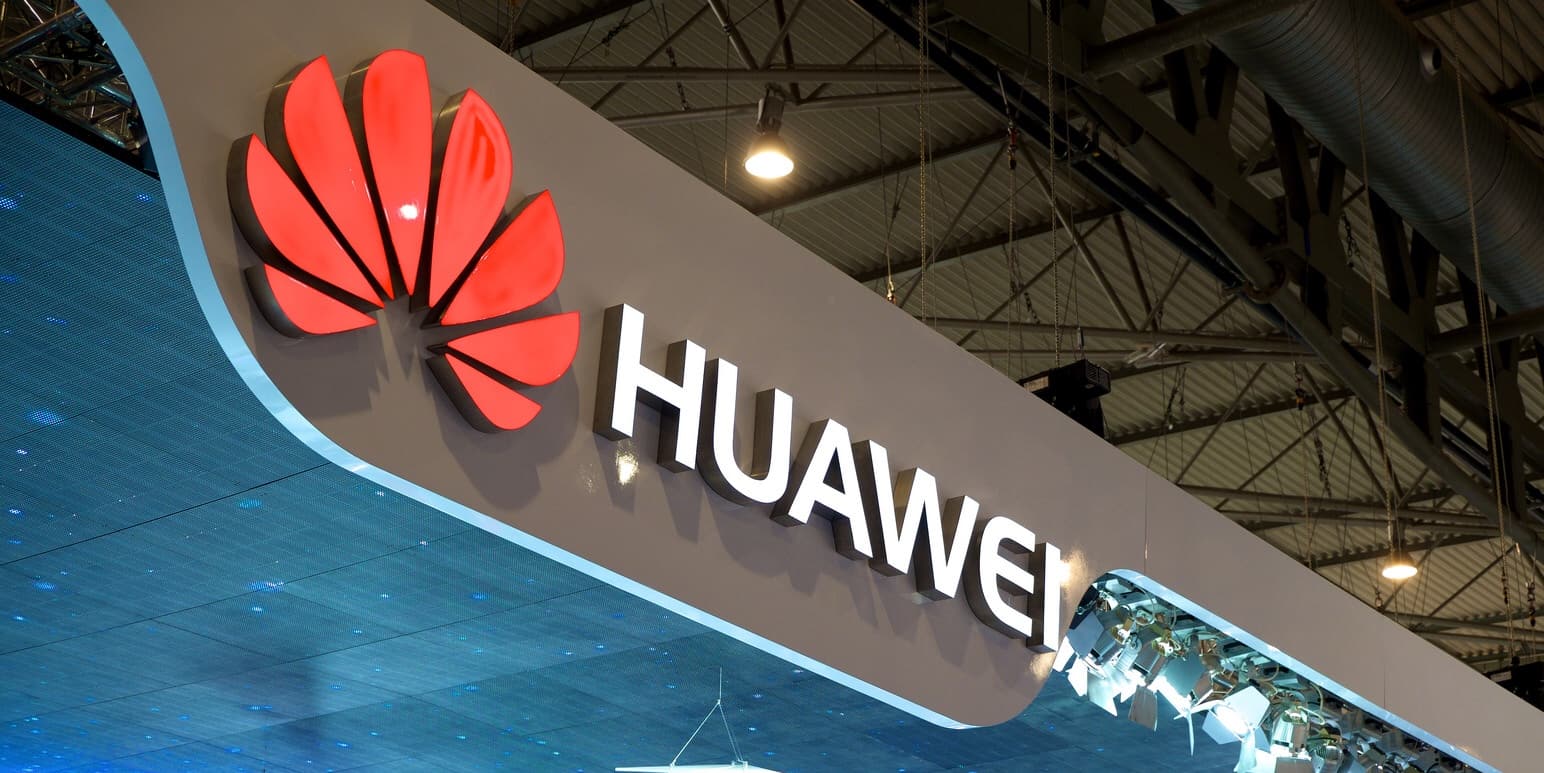A ban on China’s Huawei company by the White House could wind up hurting Apple, concerned analysts claim.
President Donald Trump’s administration announced plans Wednesday to ban technology and services of “foreign adversaries” that pose “unacceptable risks.” But possible Chinese retaliation against major U.S. companies could hit Apple hard.
“This is clearly targeted at China spying via Huawei, something that has not been conclusively proven yet,” analyst Tim Bajarin told Business Insider. “But it represents a ban on a Chinese product in the U.S. that has other ramifications.”
Huawei denies that it engaged in any of the practices it is accused of. Beijing also called the charges unfair. But whether Huawei actually did anything wrong, the point is that it could cause China to retaliate by targeting an American company that does a lot of business in China.
“China could retaliate by banning US products from the Chinese market using the same pretense, even it may be false,” Bajarin said. “A tit-for-tat fight that could be disastrous for any company that sells a lot of goods into China, especially technology-based goods, if they get banned for any reason as part of a Chinese retaliatory move.”
Apple makes no secret of how much it relies on China. When iPhone sales fell in China last year, it had a major impact on Apple’s share price. Tim Cook has talked about China as Apple’s future biggest market.
Wedbush analyst Dan Ives thinks Apple could be an easy target for retaliation. “The broader worry here is: does this put more of a target on the back of Apple?” Ives told Business Insider. “The poster child is Apple.”
Apple’s challenges in China
This isn’t the first time that concerns about Huawei has led to fears for Apple. Earlier this year, Huawei’s chief financial officer, Meng Wanzhou, was detained in Canada after U.S. law enforcement officials issued a warrant for her arrest. As a highly visible U.S. company, Apple was again singled out as being a possible target for retaliatory action. Fortunately, nothing came of this on that occasion.
These fears aren’t just baseless paranoia. Previously, Apple has found itself on the wrong side of the Chinese government on several occasions. The company has been forced to accept the Chinese government’s demands that it run network safety evaluations on all Apple products before they can be imported into the country.
It has also seen its products booted off the list of approved state purchases in favor of Chinese-made products. In addition, it was forced to shut down its iBooks Store and iTunes Movies in the country. More recently, it had to agree to transition iCloud accounts registered in China to state-run Chinese servers.
For now, this is all just speculation, of course. The situation between the U.S. and China could calm down — or prove to have no impact on Apple.
But it’s just another demonstration of how not all of Apple’s threats are necessarily things within its own power to control. Unless it stops doing business in China altogether, that is. (Which isn’t happening.)
Source: Business Insider


